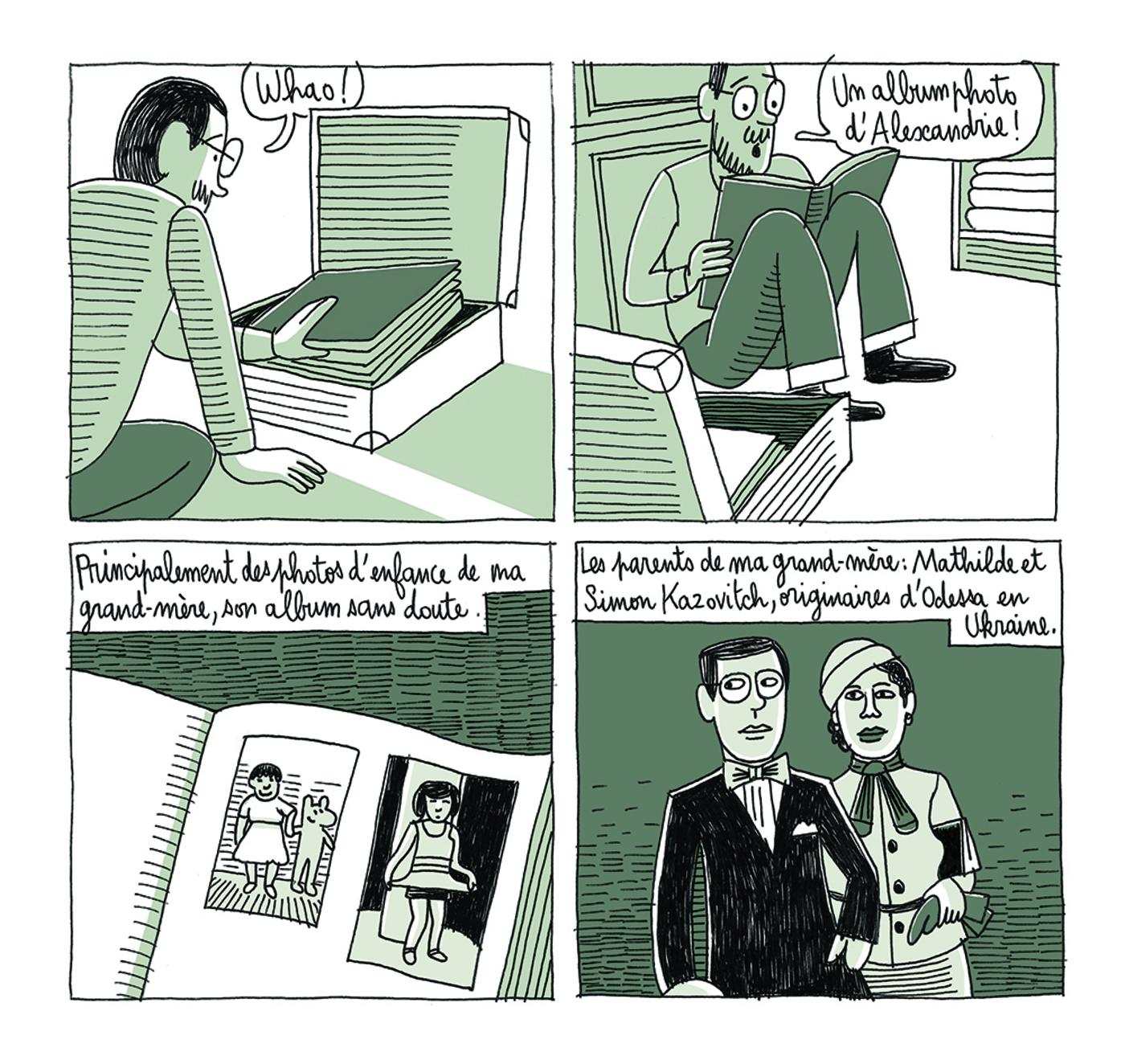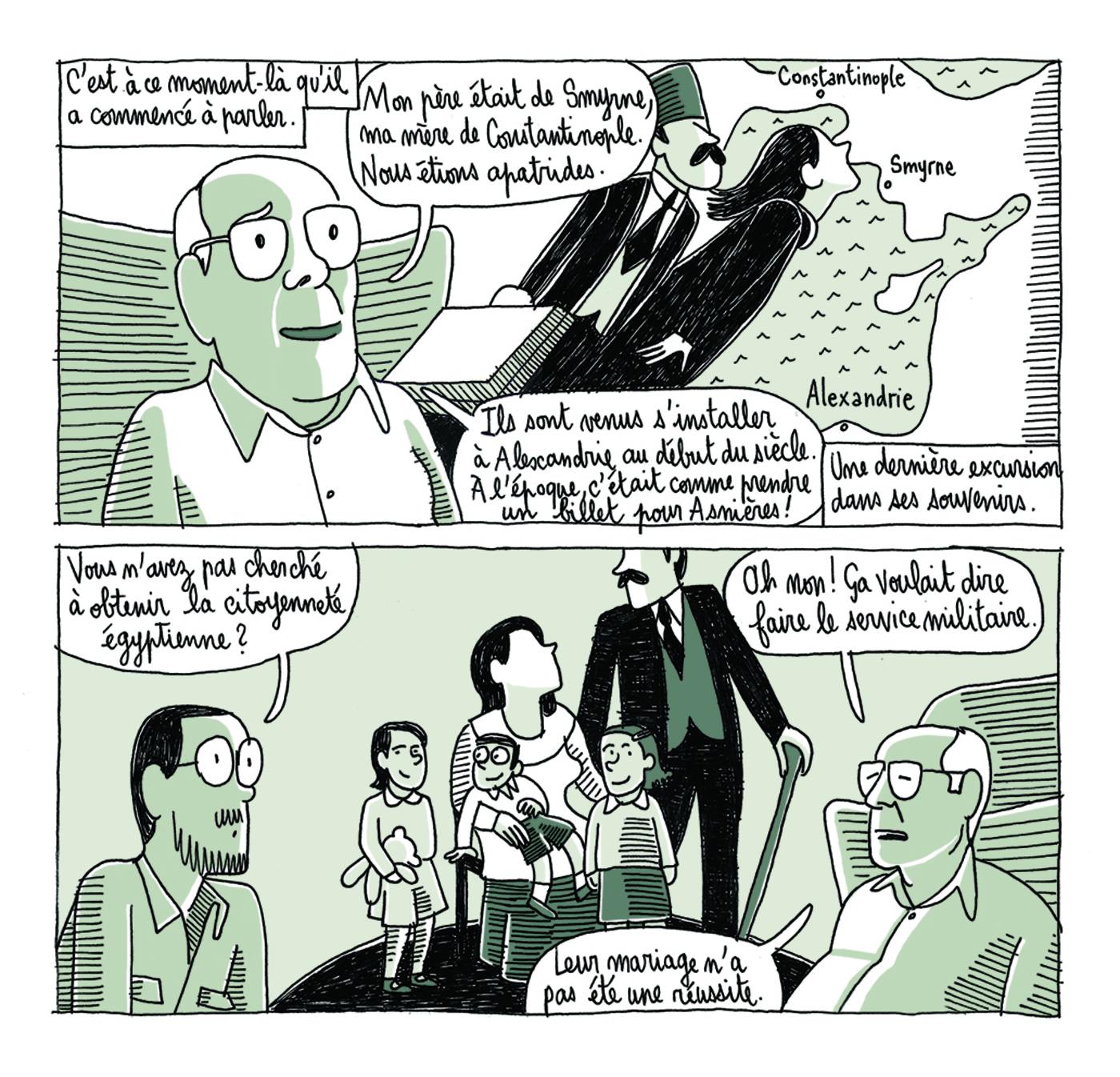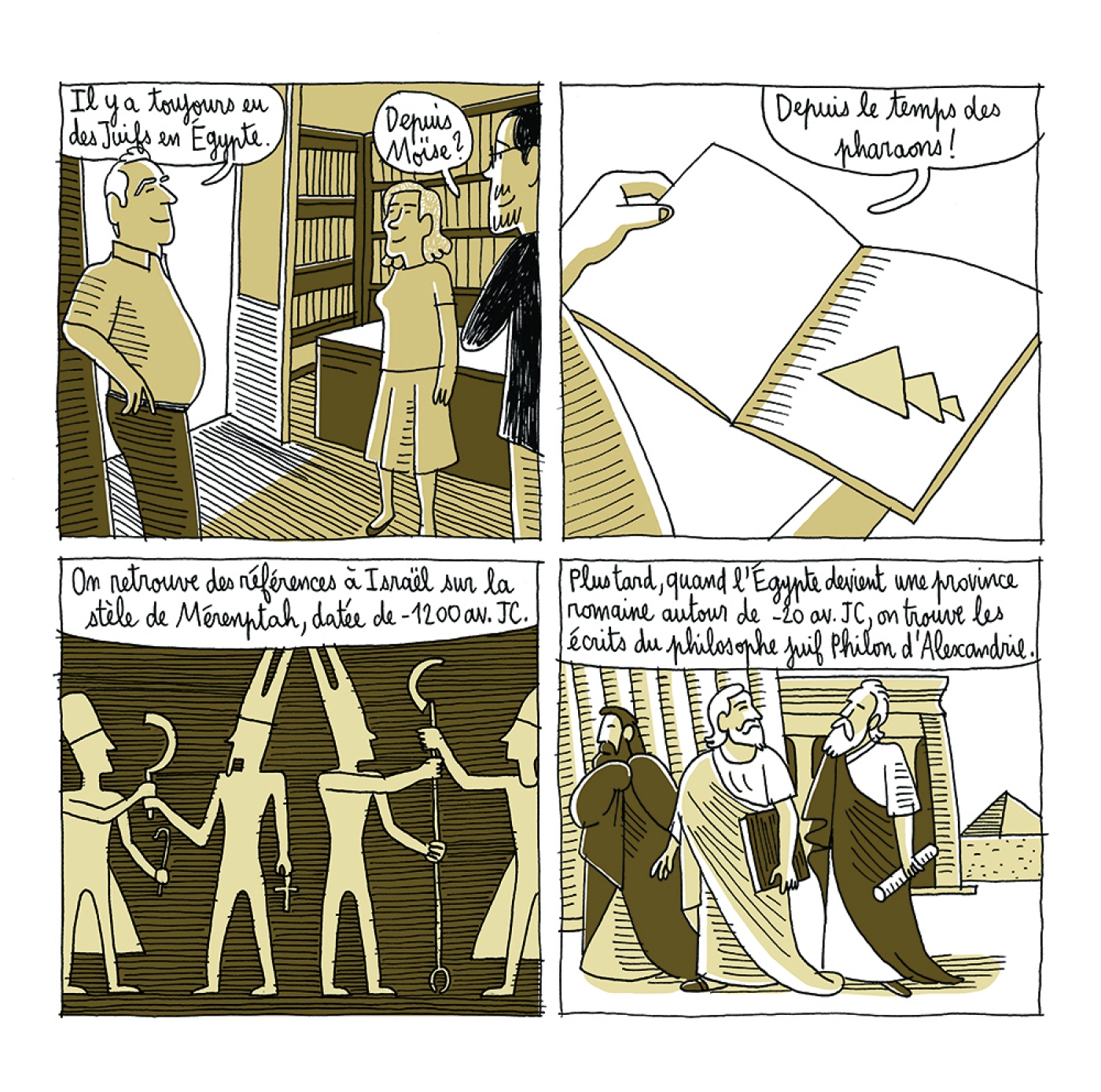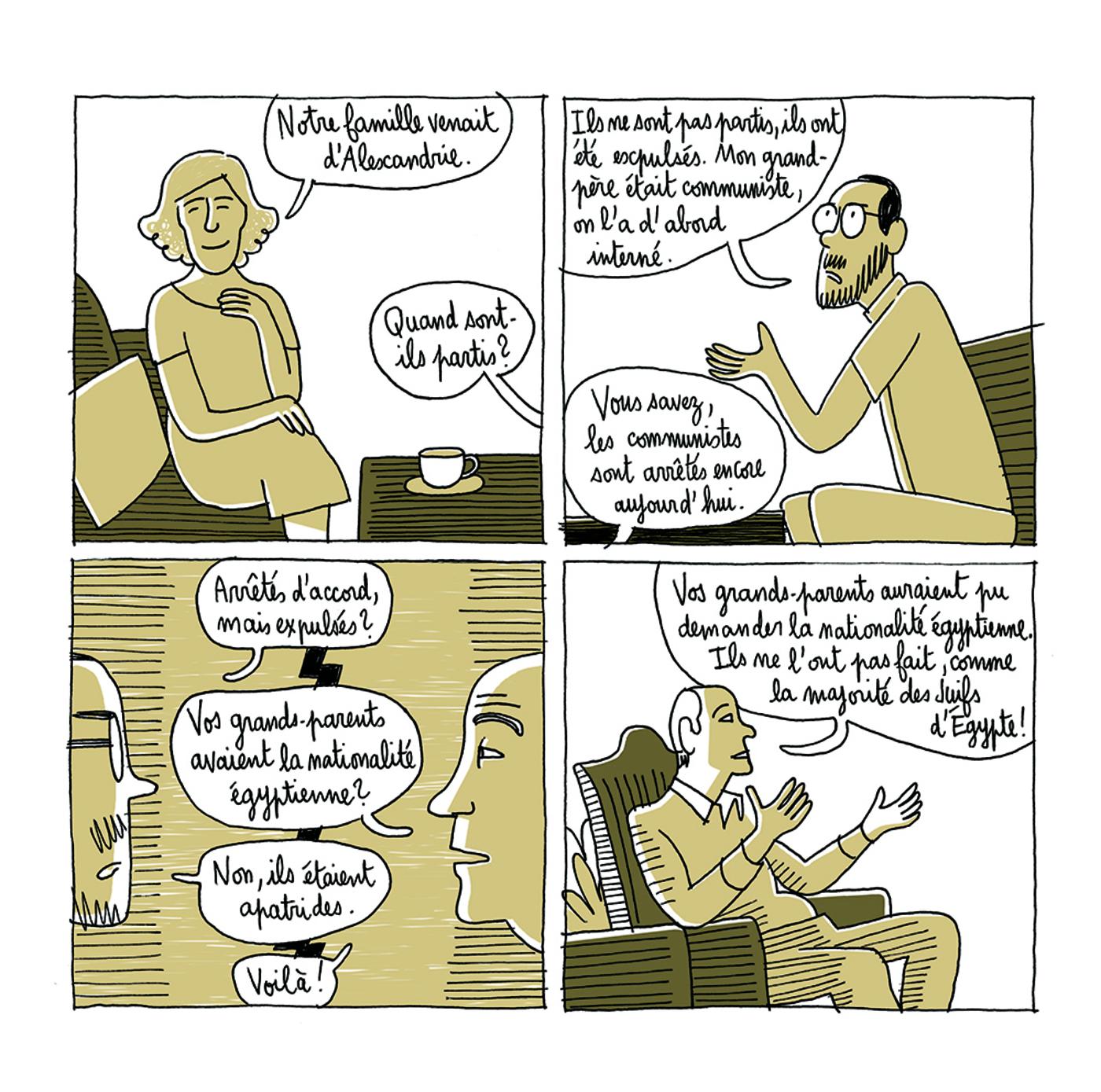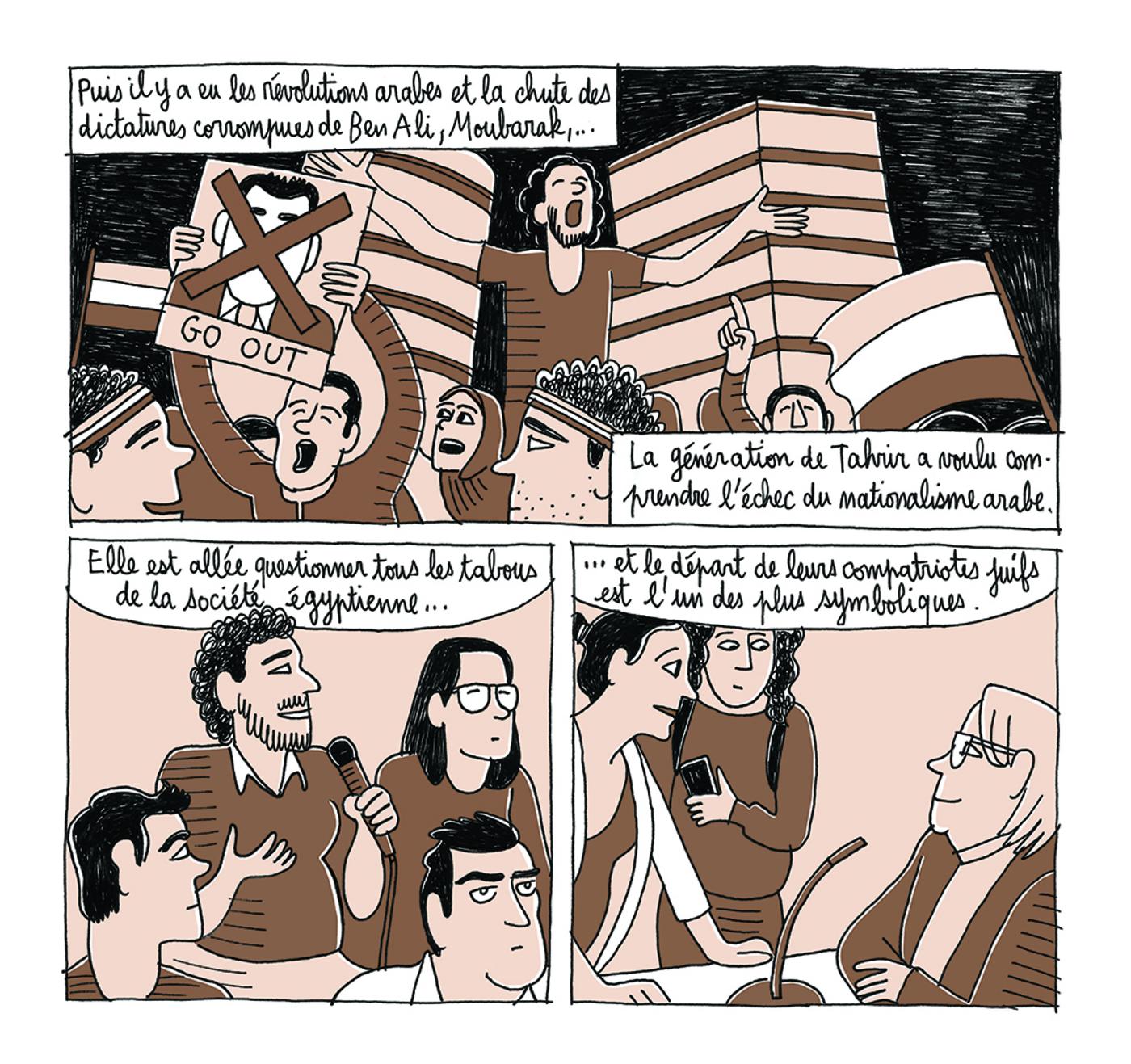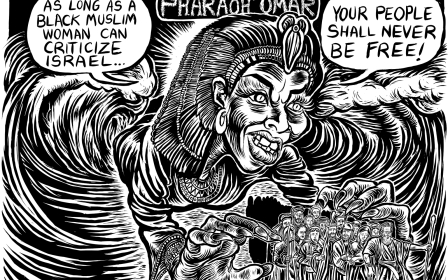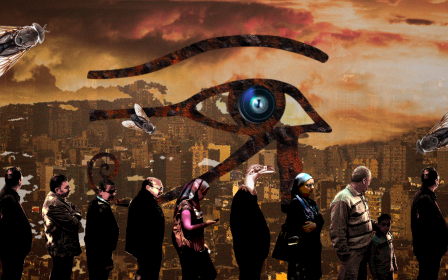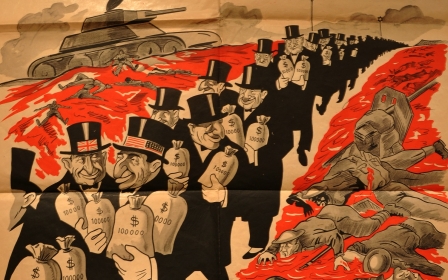Egypt's Jews: One writer's homage to a lost history
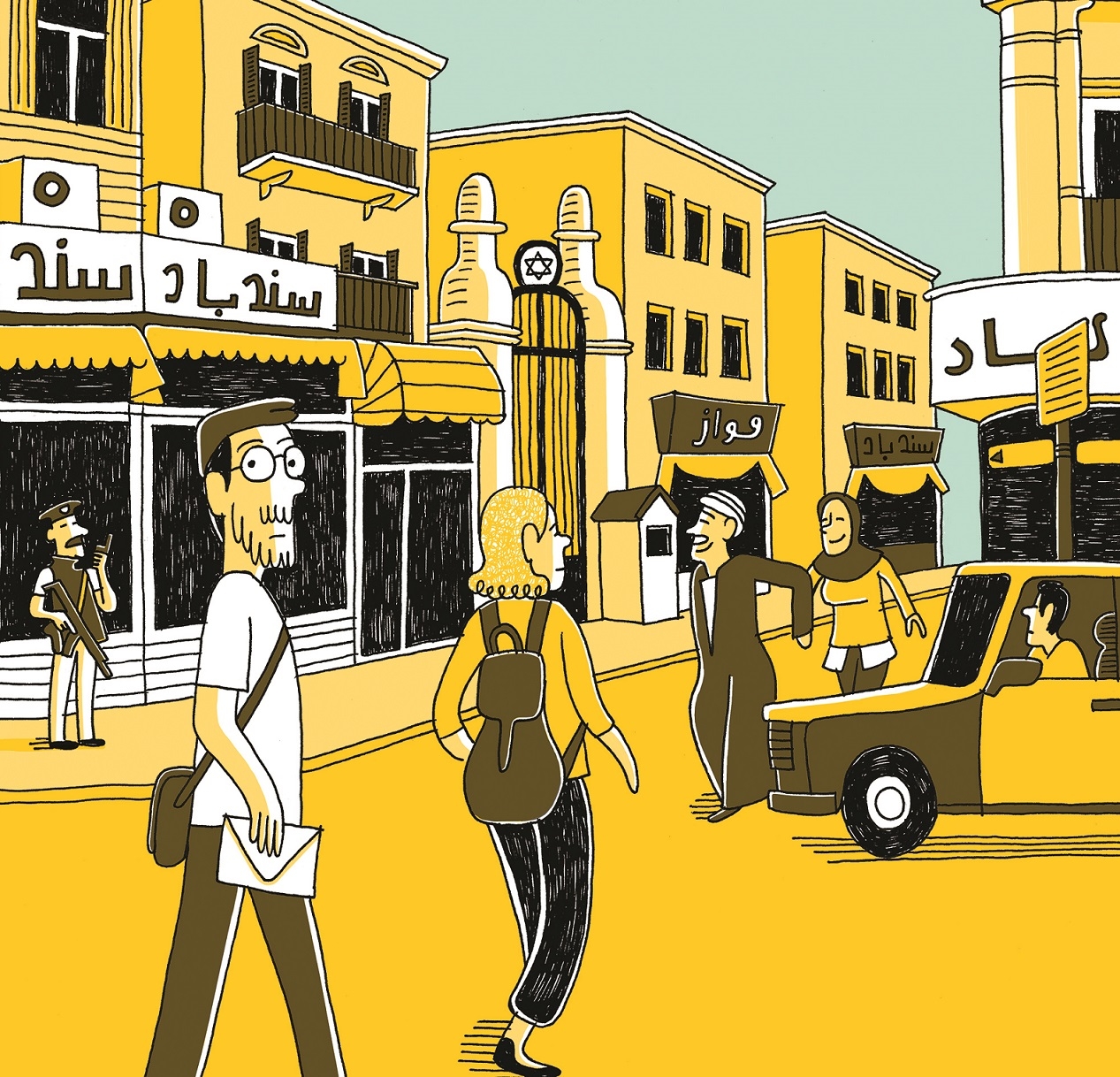
A month after his grandmother’s death, Jeremie Dres was forced to put his grandfather into a retirement home. It was then that the comic-book author and multimedia artist realised how urgent it was to record his maternal grandparents’ story.
Dres, who is based in Paris, headed off on a two-week trip to Egypt, retracing the trail of his grandparents, both of whom were Jews born in Alexandria.
“I’d already tried my hand at the family history genre, with We Won’t See Auschwitz,” he says of his previous work, in which he and his brother try to understand what it means to be Jewish and Polish.
“My grandparents had always been a link for me to the world at large. When they died, I realised the link was going to disappear with them, and I was afraid my roots would too."
New MEE newsletter: Jerusalem Dispatch
Sign up to get the latest insights and analysis on Israel-Palestine, alongside Turkey Unpacked and other MEE newsletters
His efforts to safeguard his family heritage led to Remembering Alexandria, a compelling graphic novel that captures the heyday of Egypt’s cosmopolitan past.
But what began as an investigation into resurrecting and preserving his family history led him to uncover the forgotten heritage of the Jewish community in Egypt – and sent him on a remarkable adventure, leading to encounters with a number of emblematic figures.
When he reached Cairo, Dres immediately met the few remaining representatives of Egypt’s Jewish community, including Magda Haroun, a lawyer and community leader based in the Egyptian capital, and Amar Ramses, a film-maker whose works include a documentary on the last Jews of the country.
“I wanted to meet them because they could all tell the story of a bygone era,” he says. “And yet today, these people, who are part of the history of Egypt, are regrettably seen as objects of fascination.”
Cairo’s Jewish community has now dwindled to less than a dozen people, yet it possesses a collection of unique cultural artefacts that its remaining members are determined to preserve.
Remembering Alexandria tells of how Jewish non-profit groups around the world are fighting over the pieces: while some believe the relics should remain in Egypt, others say they should be entrusted to the countries where their rightful heirs now live.
“Everything that stayed behind once belonged to private individuals, and, today, they are all intent on recovering their property,” says Dres. “But if nothing is done, the history of the Jewish community of Egypt will be broken up."
The future of Egyptian Jewish heritage aside, Remembering Alexandria is also a journey into the heart of a multicultural Egypt where foreigners of all stripes – including Italian, Greek, French and English – once lived side by side.
The author’s detailed travel diary and interviews present both an overview of the Jewish community in Egypt today and an in-depth look at the periods in history that would mark the community, from the creation of the state of Israel to the nationalisation of the Suez Canal and the Arab-Israeli conflict of 1967.
The book does not point the finger at anyone but instead explores the concurring and contradictory truths of the Karaite, Sephardic and Ashkenazi Jews who made up Egypt’s multi-faceted ethnic, religious and political community.
The work also covers different periods of the Jewish exodus. Some fled the country’s political and economic turmoil while others would remain, against all odds, even after the creation of Israel.
The last chapter gives a perspective on this complex history as Dres encounters two historians, one Israeli, the other Palestinian. It makes for an insightful and thought-provoking work that looks at a controversial and all but forgotten page of history.
This story is based on an English translation from the French edition of Middle East Eye.
Middle East Eye delivers independent and unrivalled coverage and analysis of the Middle East, North Africa and beyond. To learn more about republishing this content and the associated fees, please fill out this form. More about MEE can be found here.


